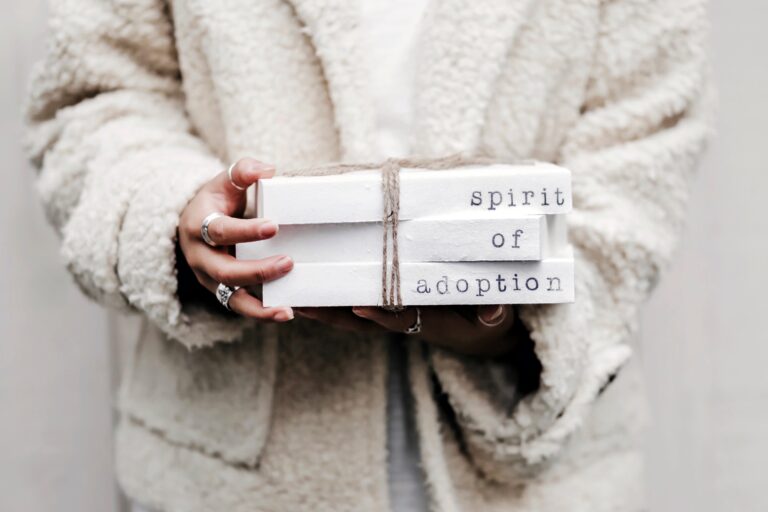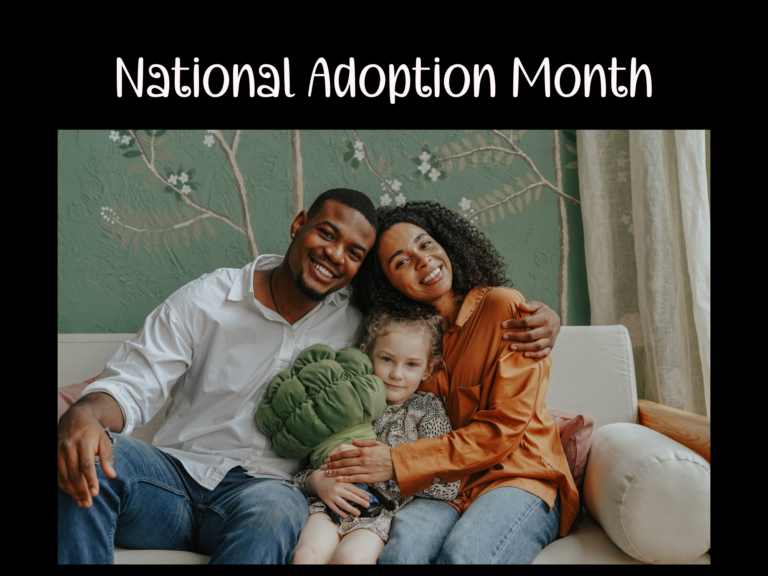Adoption records are almost always kept private and confidential once the adoption is finalized. However, to safeguard the privacy of all parties, many States have established procedures that allow those involved in an adoption to receive non-identifying and identifying information from the record while maintaining its confidentiality.

Non-Identifying Information
Non-identifying information is typically limited to details about the adoptee and their biological family. This information is typically gathered as part of the adoption process. It may include information such as the birth location, the length of time spent in the foster care system, the age, gender, and ethnicity of the adoptee and their biological family, and the reasons why the adoption was necessary. It may also include any medical or genetic information that the family may have, such as the adoptee's health history or any hereditary conditions that may be present. This information can be incredibly helpful for the adoptee and their adoptive family, as it can provide valuable insight into the adoptee's identity. Additionally, this information may consist of the following:
– Date and place of the adopted person's birth
– The parents' ages at the time of the birth and the features of their physical appearance, such as eye and hair color.
– Race, ethnicity, religion, and medical history of the birth parents
– Educational level of the birth parents and their occupation at the time of the adoption
– Reason for placing the child for adoption
– Existence of other children born to each birth parent
Nearly all States allow the adopted person access to non-identifying information about birth relatives, generally upon written request. The adopted person must be an adult, usually at least 18 years of age, before they may access this information. Around 37 US States and American Samoa have statutes that provide adoptive parents of children that are still minors with access to non-identifying information. Some States allow birth parents access to non-identifying information, and some give such access to adult birth siblings. Additionally, States are allowed to charge a reasonable fee for providing the information. The regulations concerning what personal data is collected, stored, and shared can vary between states.
Restrictions on the Release of Non-identifying Information
Adoption records vary by jurisdiction concerning information release policies. In some states, such as New Jersey and Guam, obtaining a court order is the only way to access detailed information from an adoption record. In contrast, Indiana and Pennsylvania require consent from the person whose information is being sought for it to be released. Colorado has an even more restrictive stance – any party on the adoption can request that information not be disclosed. Illinois and Kansas statutes allow adoptive parents to receive medical and family information about the birth family. These statutes also allow the adoptive parents to request the department contact the birth parents for additional health information at any time, postadoption, when there is a medical need.

Identifying Information
Identifying information is considered data that may lead to the positive identification of an adopted person, birth parents, or other birth relatives. Identifying information includes the person's current name. Usually, it includes an address or other contact information so that adopted persons and birth relatives can use it to arrange personal contact. In most US states, it is permissible to divulge identifying information if the individual in question has permitted the data to be made public.
States often utilize a mutual consent registry to exchange identifying information required during an adoption. This registry allows all parties involved to express their consent or refusal to have their information revealed. Approximately 33 States have established some form of a mutual consent registry. In the United States, procedures for mutual consent registries vary among states. Generally, a birth parent and either an adopted person who is 18 or 21 years or older or the adoptive parents of a minor adopted person must provide consent for identifying information to be released. Out of the 26 states with registries, they all require the parties exchanging information to submit affidavits consenting to disclose personal information. Meanwhile, seven states will release the registry's information unless the applicable individual has requested non-disclosure in an affidavit.
Approximately 22 States allow biological siblings of the adopted individual to seek and release identifying information upon mutual consent. No consent is required for adopted persons in Louisiana and Texas to receive identifying information about deceased birth parents. Many States ask a birth parent to specify at the time of consent or relinquishment whether they are willing to have their identity disclosed to the adopted person when they are 18 or 21. The information may not be disclosed without an appropriate court order if valid consent is not present. To obtain a court order, the applicant must provide convincing evidence that disclosing the information is necessary and is of greater importance than preserving the privacy of those participating in the adoption process must be respected.
Some States have imposed some limitations on the release of identifying information. For example, Mississippi and South Carolina require the adopted person to undergo counseling about the possible consequences of contacting their family before disclosing any information. In Connecticut, the release of identifying information is prohibited if it is determined that the requested information would be seriously disruptive to any of the parties involved.
Other Methods of Obtaining Consent
In some states with no official registry, alternative methods of disclosing identifying information can be utilized. For example, the search and consent process allows a public or private agency to locate biological family members and verify their permission to release information. The confidential intermediary system is an example of this process, in which a certified court worker has access to sealed adoption records to search for and acquire consent. Other states use an affidavit system, in which family members can submit written permission (in the form of consent, waiver, or authorization) to either allow or deny the release of identifying information.
Original Birth Certificate
When an adoption is finalized, the adoptive parents customarily issue a new birth certificate for the child. The original birth certificate is then securely stored and kept private. In the past, nearly all States required a court order for adopted persons to gain access to their original birth certificates. A court-ordered document is essential for acquiring the original birth certificate in 28 states, the four United States territories of the District of Columbia, American Samoa, Guam, and Puerto Rico. Still, laws in many states are changing to allow easier access to these records. Some of the methods now available include:
– Available through court order when all parties have consented
– Available upon request to the adult adopted person
– Available upon request to the adopt adopted person unless the birth parent has filed an affidavit denying the release of confidential records
– Available to persons who have established their eligibility to receive identifying information through a State adoption registry
– Available when consents to release of identifying information from the birth parents are on file.
Adoption records are a highly protected and confidential matter in most states. This privacy is vital to protect all parties' rights and ensure that the adoption remains confidential. While this can make it difficult to obtain information from adoption records, there are specific procedures in place that allow those involved in an adoption to receive non-identifying and securely identifying information.





